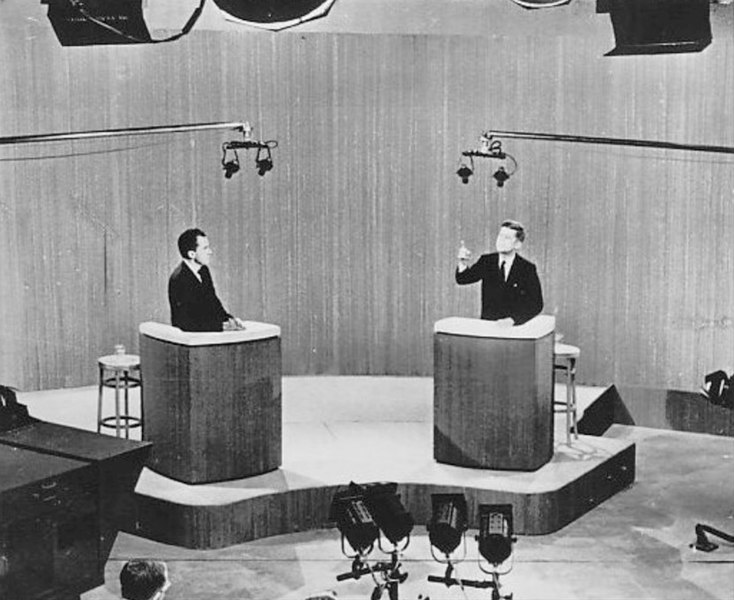 |
| Can he ride a white horse? |
Canada is heading into an election. Polls show the Liberals are ahead, and on track to form a majority government. And this time it really matters. This could end Canada.
Trump has played his cards well; or he is lucky. Trump having put out the welcome mat, Alberta is scuffing its boots on it. Danielle Smith has issued a series of demands of the federal government, to prevent “an unprecedented national unity crisis”:
1. guaranteed access to east and West coasts for Alberta oil and gas.
2. dropping restrictions on new pipelines.
3. dropping restrictions on oil tankers off the West Coast.
4. dropping emissions caps on oil and gas.
5. scrapping clean energy legislation.
6. lifting restrictions on single-use plastics
7. no export tax on oil and gas
8. no federal industrial carbon tax
9. better management of national parks—i.e., judicious pruning out of deadwood.
Smith has also said Alberta must stop subsidizing large provinces through equalization payments.
The Liberals cannot agree to this. They would have to renounce their platform, turn on their environmentalist base, and alienate their Quebec base. It is Quebec that is blocking any pipeline east, and Quebec is the “large province” that benefits most from the equalization payments.
And if a Liberal government ignores her demands? Smith warns of an “unprecedented national unity crisis.” Unprecedented? That means something more serious than the Quebec separatist movements of the recent past.
The path is established by precedent: Smith can call a referendum on separation, as Quebec has. At least one poll showed 41% support for independence as of 2020. With the open offer to join the US on the table, the bite of tariffs, the explicit rejection of demands by Ottawa, official endorsement from the premier, and a charm offensive from the US, one can easily imagine that figure going over 50%. Alberta unbound.
Whether or not Alberta then joins the US, there goes Canada. Cut in half. No access to BC from Saskatchewan and East, and vice versa. Huge loss of government revenue. And everyone east of Saskatchewan loses their equalization payments.
If they do go on to join the US, Trump gets the oil and gas, and a relatively conservative voting base, for his new state. He may not even care about the rest of Canada and their troublesome liberal voters.
Without the equalization payments, without Alberta’s tax revenues, and without access to the rest of Canada, other provinces are likely sooner or later to come begging. And the Americans can pick and choose which it is in their interest to admit, and which to leave out in the cold.
Could the Conservatives save Canada? They can at least better afford to alienate Quebec by forcing through a pipeline; they do not much rely on Quebec as a base of support.
Might Quebec then separate? Perhaps. But this is less likely. A pipeline across their turf is not so serious an issue. Quebec does not have Alberta’s easy fallback of joining the US: it would probably mean losing their distinct language and culture over time. And they would surely be poorer after separation, while Alberta would be richer.
Conservatives would not be alienating their base by dropping environmental restrictions. That are all for deregulation in general, and killing he industrial carbon tax is a core part of their platform. Alberta’s insistence and Trump’s threats could be a useful excuse for what they want to do anyway.
If Trump wants to take Canada’s resources, Carney is his horse.

















